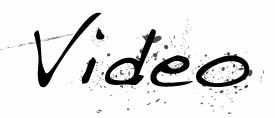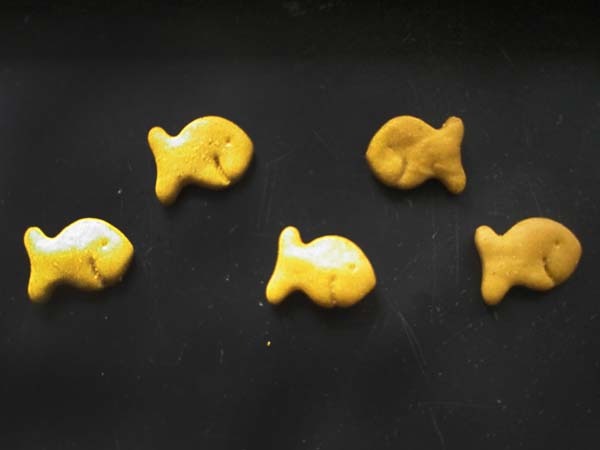

When you’re out to dinner with a big group of your friends interesting things seem to always come up; this was no exception the night the idea for my documentary came to me. We were discussing each other’s funny characteristics when someone brought up the word “OCD”. For me the term “OCD” has been used a lot, but never have I ever really thought about the meaning of it or how it truly is a disease that affects people’s lives. My friend began describing to me her funny little ticks she had, and I was completely astonished and interested that this is something she has to live with on a regular basis. That is why I have decided to look closer in this disease to see how much one’s life can be affected, no matter how big or small.
Obsessive-Compulsive Disorder (OCD) is a type of anxiety disorder that results in mentally caused compulsive behaviors and that makes a person feel driven to perform actions that will reduce one’s anxiety that stems from intrusive thoughts that enter their mind (Obsessive). In the U.S. alone, approximately 3.3 million people have some form or case of OCD, where nearly 2.3% of that population that suffers is between the ages eighteen through fifty-four (Some). OCD has one major symptom, compulsions. Compulsions are repetitive behaviors that are meant to prevent or reduce anxiety or distress related to a person’s obsessions. These obsessions are repeated, persistent and unwanted ideas, thoughts, images or impulses that one involuntarily has that seem to make no sense at all (Obsessive). They seem to typically interfere when they're trying to think of or do other things. OCD obsessions often are found to have themes from fear of contamination and having things orderly and symmetrical, to having aggressive and horrific impulses or sexual images or thoughts. These obsessions lead to compulsions in counting, washing, checking, and repetitive motions (Obsessive). It’s advised that the best time to seek professional help is when your obsessions begin to affect your everyday life. The statistics mentioned earlier were just clinically announced cases; millions of others have smaller cases where symptoms are much less severe. The most difficult problem, one in which I’d like to investigate more into is the pinnacle decision of are you OCD or do you just share OCD tendencies.
I am quite excited about this topic because of the many artistic approaches and visual possibilities this topic leaves me with. My first idea I ever had when coming up with the idea was the opening for it all, and from there I decided that I am going to attempt to use all visual cutaways, no shots of the person explaining what their compulsions are. For instance, I have a few friends who find themselves counting steps to make sure they are even. That would be a perfect cutaway to just legs and feet walking but constantly adjusting to make the steps even. By doing this I truly feel it will focus more on what I want them to focus on which is what they are obsessed about, instead who it is that is obsessed. I have not found the type of music selections I will use, but I do feel it will be more instrumental stuff that supports whatever the mood of the speaker and their compulsions are. My main point I hope to emphasize on is how strange these obsessions are, how weird they look, how ridiculous it is that we must perfectly perform these actions, but how much affect they have on our lives without knowing it.
I’m very excited about where this documentary will take me, both with creativity and with just interesting stories people will tell me. I feel once I talk to these people who suffer from these obsessions and also the professional counselors on campus, I will have a better understanding of how these obsessions function and work. So often people say they are “OCD” but now from my research I’ve realized “OCD” is one of those diseases that everyone seems to have some small form of, but I’ve realized that most of us just have obsessive moments. I plan to dive deeper into an investigation of a disease that to the outside world it’s mostly a joke. I want to prove that this is more than a problem it’s a lifestyle.
"Obsessive-compulsive disorder (OCD)". MayoClinic. April 4, 2009 <http://www.mayoclinic.com/health/obsessive-compulsive-disorder/ds00189/dsection=symptoms>.
"Some OCD Facts & Figures". Uunderstanding OCD. April 3, 2009 <http://understanding_ocd.tripod.com/ocd_facts_statistics.html>.
